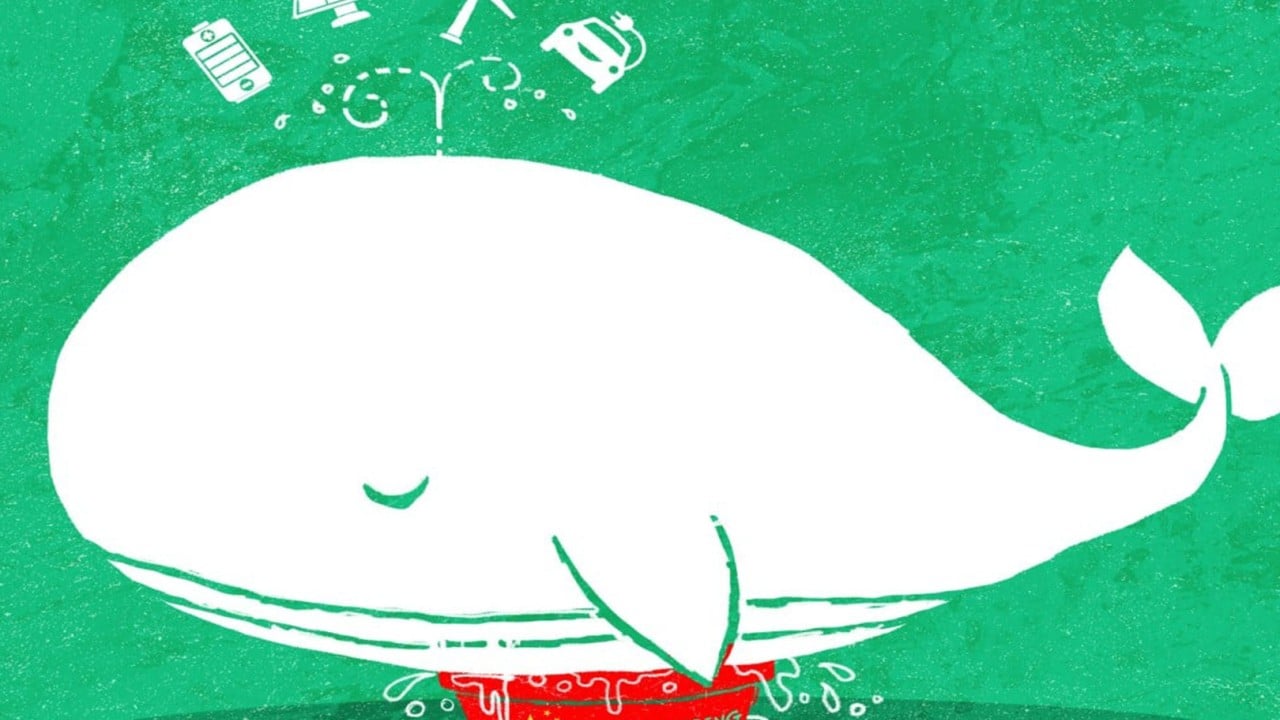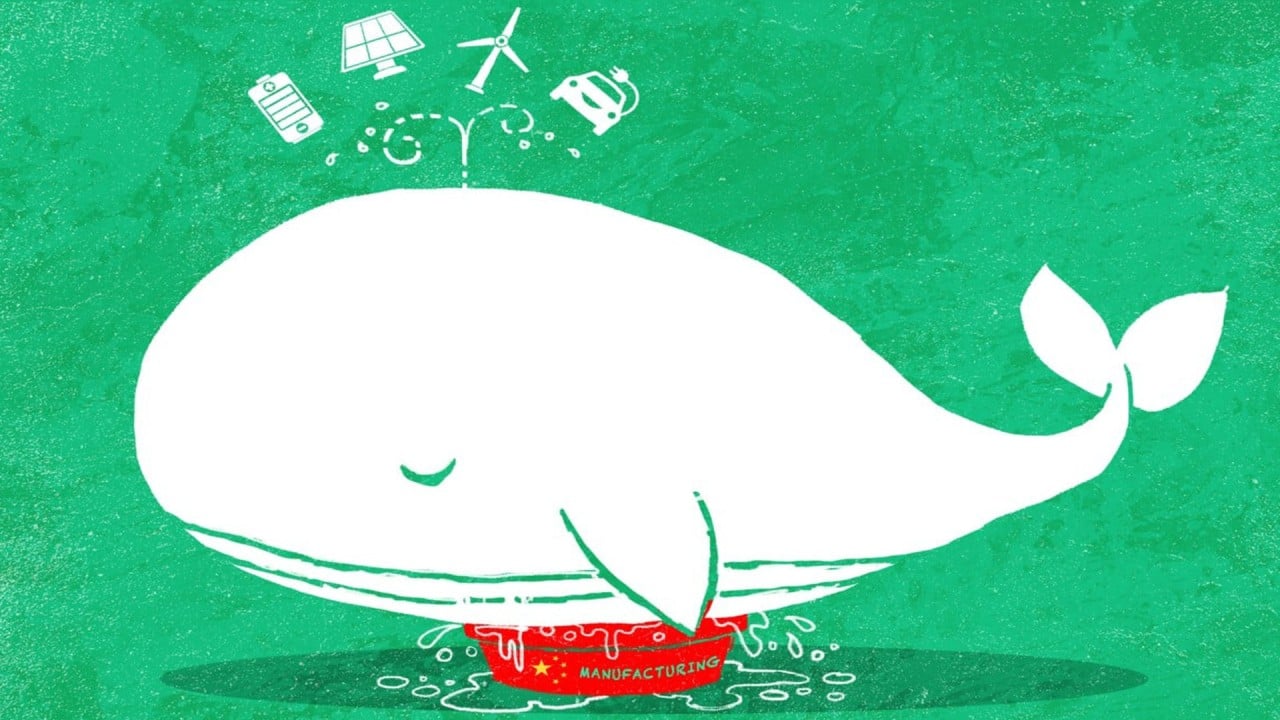China’s special envoy for climate change has called for expanded production of the country’s renewable energy products, citing a strong global demand, in a sharp dismissal of overcapacity claims raised by Western economies.
“[There are] only two groups of countries that are talking about so-called overcapacity. One is the United States, the other [is] the European Union,” Liu Zhenmin told an international forum on Tuesday.
“For the rest of the world, for international organisations including the United Nations … [and] globally speaking, there is no overcapacity.”
Liu China’s former vice-minister for foreign affairs, was responding to a question at a panel discussion on climate leadership at the 15th Annual Meeting of the New Champions in Dalian.
His remarks came as the US and EU increasingly took aim at China’s industrial overcapacity, with the issue emerging as a key point of contention in the deepening economic rivalry between Beijing and the West.
Washington in May unveiled substantially higher tariffs on Chinese goods including EVs and solar panels. The EU followed suit shortly after, announcing punitive tariffs of up to 38 per cent on EVs imported from China, citing Beijing’s “unfair” subsidies that led to overcapacity and distorted the market.
China and the European bloc have since agreed to hold fresh trade talks, with Chinese nationalist tabloid Global Times reporting that Beijing wanted the EU to scrap its tariffs by July 4, when the duties were set to take effect.
Liu told the forum on Tuesday that – instead of overcapacity – there was a “lack of capacity because there’s a huge demand globally for renewable energy facilities and technology”.
“That’s why I think we need to continue to encourage and support our enterprises to build up the capacity to produce more products for that,” he said.
In a clear signal that China would not let up on its production capacity despite growing Western pressures, Liu stressed that China has led in the innovation and manufacturing of renewable energy products – including EVs and solar and wind equipment – and that leadership has reduced prices of products globally.
“This should have been appreciated, really,” he said.
“I think China will continue to build up its manufacturing capacity to maintain current prices, to support its own deployment nationally, and to [transition] our current energy system [to clean energy].”
If countries were committed to achieve carbon neutrality, they would need to resolve issues surrounding technologies, including making them “much cheaper”, Liu argued.
Countries would also have to “safeguard the open international system”, he said, so that exports and trade could be easily conducted.
“That’s why I think globally we need to be united to avoid … these unilateral actions … because they are going to help raise the cost,” Liu added, referring to the tariffs levied by the US and the EU.
Pointing to a report by energy consultancy Wood Mackenzie, which suggested that energy transitions would cost 20 per cent more without China’s energy products, Liu said the result would not be an issue for China, but rather a global problem.
Asked about challenges the world faces in reaching key global energy goals, Liu said he expected the geopolitical climate to be “even worse” next year.
Earlier in the day, Chinese Premier Li Qiang also pushed back against Western allegations about Chinese firms benefiting from unfair government subsidies.
In his opening address, he said that advanced EVs and batteries made by Chinese companies have not only met domestic demand but “enriched” supplies in the international market.
“China’s renewable-energy instalment, EVs and solar panel development not only safeguard domestic needs, but also enrich international supplies and help ease global inflation,” he said.



